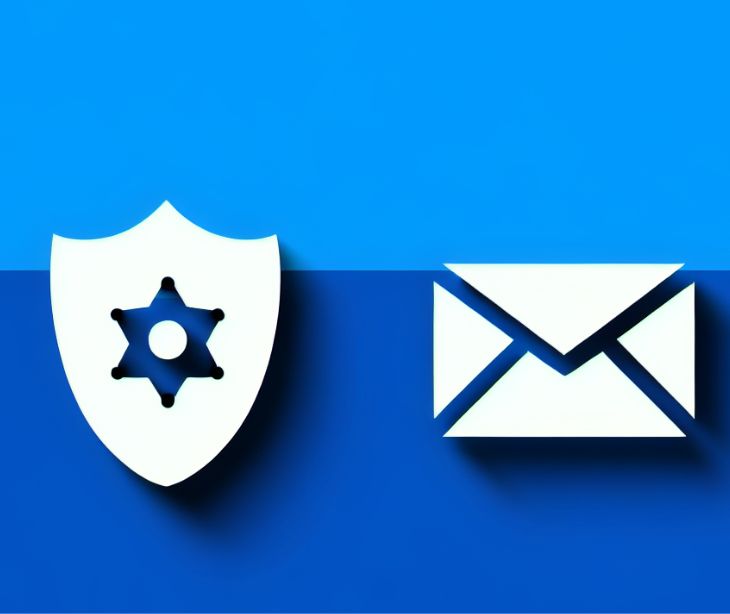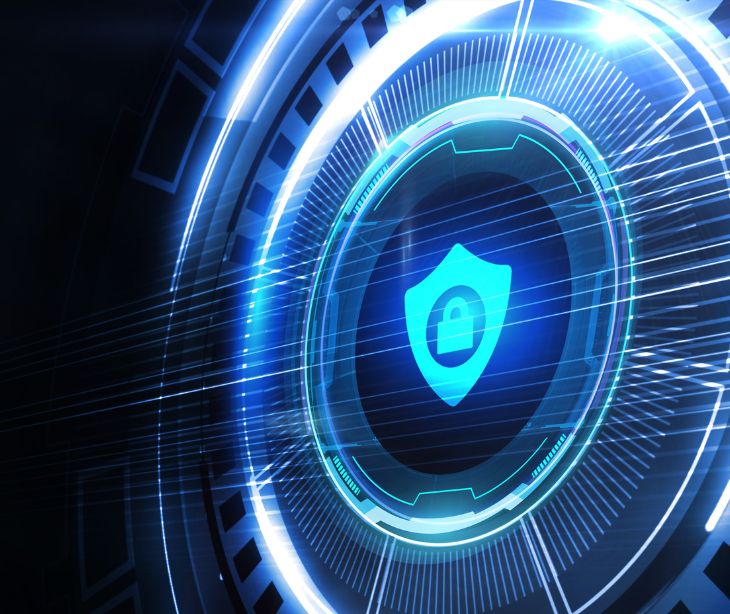2 min read
Can law enforcement access emails between patient and provider?
Kirsten Peremore
May 1, 2024

Yes, law enforcement can obtain patient-provider emails and other protected health information (PHI) through legal requests such as search warrants, court orders, or subpoenas directed at the healthcare provider. Providers are generally required to comply with these valid legal demands and disclose the requested information.
Are email communications between patient and provider protected?
A Cureus study on the topic of email communications in healthcare states, “The Federal Health Insurance and Portability and Accountability Act (HIPAA) requires that electronic communication regarding patient health be protected at all times. This means that electronic messages need to be encrypted...”
HIPAA requires healthcare providers to protect patient information, making sure that conversations, whether they occur in person, through email, or over the phone, remain confidential. This protection is necessary because it fosters a safe space where patients can feel free to disclose sensitive health information without fear of it being exposed or misused. This improves the trust between patients and providers, which is needed for effective diagnosis, treatment, and overall care.
See also: Does HIPAA allow sharing with law enforcement?
When can emails be shared with law enforcement?
Legal requests
- Court orders, warrants, and subpoenas: Healthcare providers are required to disclose PHI, including HIPAA compliant email communications between patients and providers, in response to a valid court order, search warrant, or subpoena from law enforcement. The court order, warrant, or subpoena must be properly issued and specify the requested information. Providers are generally obligated to comply with these legal demands, as long as they appear to be valid on their face.
Investigations and emergencies
- Suspected crimes: Providers can disclose PHI to law enforcement if they believe in good faith that the information is evidence of a crime that occurred on their premises or is related to the healthcare services they provide. This exception allows providers to report suspected criminal activity, such as healthcare fraud or abuse, to the authorities.
- Identifying suspects: Providers may disclose PHI to law enforcement if they believe the information is necessary to identify or apprehend an individual who is suspected of a crime. This could include sharing patient-provider emails that contain information about the suspect's identity or location.
- Public safety concerns: Providers can share PHI with law enforcement if they believe it is necessary to prevent or lessen a serious and imminent threat to the health or safety of the patient, others, or the public. This exception is intended to allow providers to act quickly in emergency situations to protect individuals from harm.
See also: Top 12 HIPAA compliant email services
FAQs
What are the limitations on sharing patient information with law enforcement?
Healthcare providers must adhere to the minimum necessary standard when disclosing patient information to law enforcement.
Are patients informed if their information is shared with law enforcement?
In most cases, healthcare providers are not required to inform patients if their information has been disclosed to law enforcement unless permitted by law and not compromising the investigation or safety of individuals involved.
Can patients request access to their own emails shared with law enforcement?
Patients generally have the right to access their medical records, including emails shared with law enforcement. They can request copies of these records from their healthcare provider.
Subscribe to Paubox Weekly
Every Friday we bring you the most important news from Paubox. Our aim is to make you smarter, faster.




